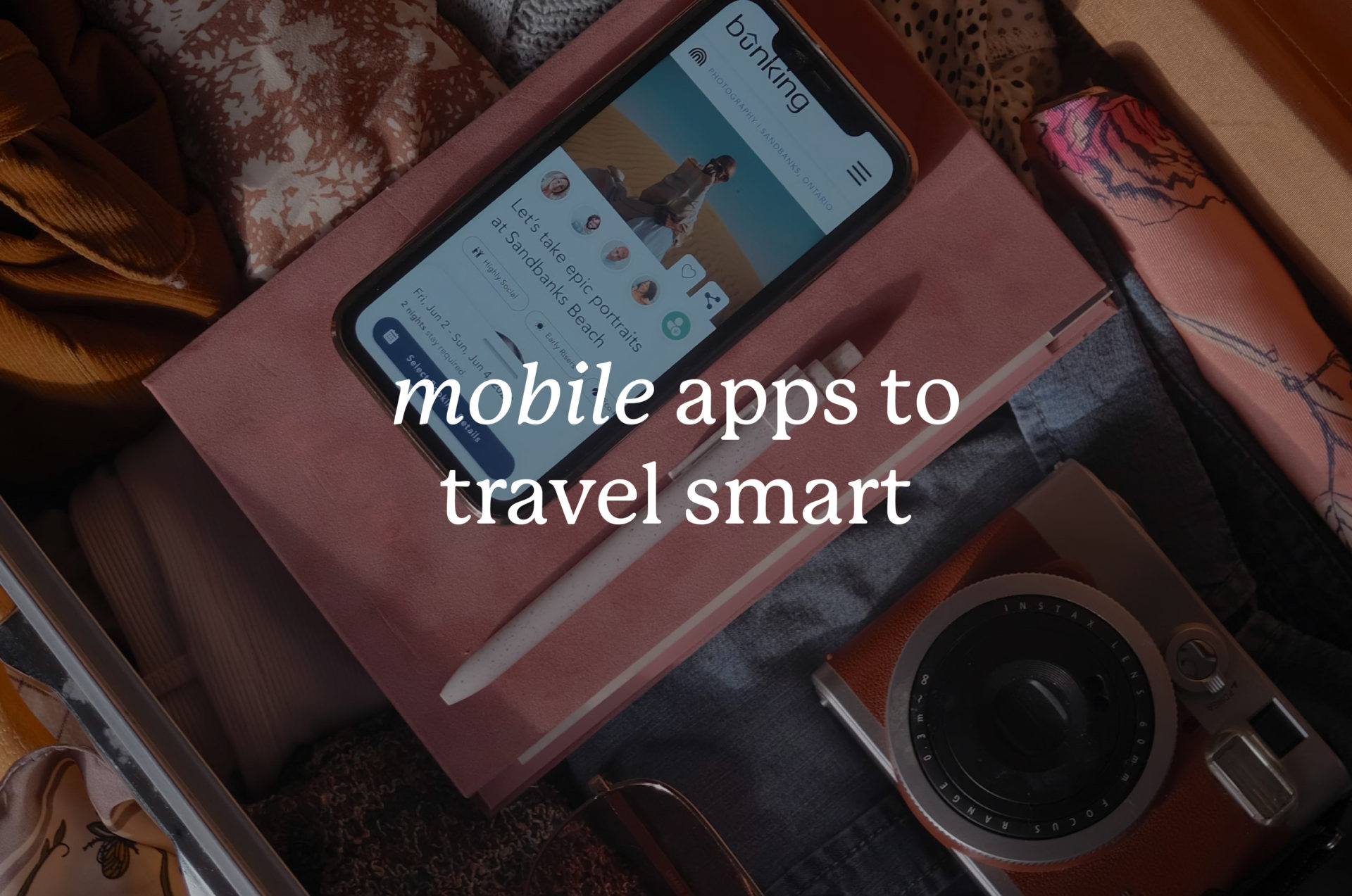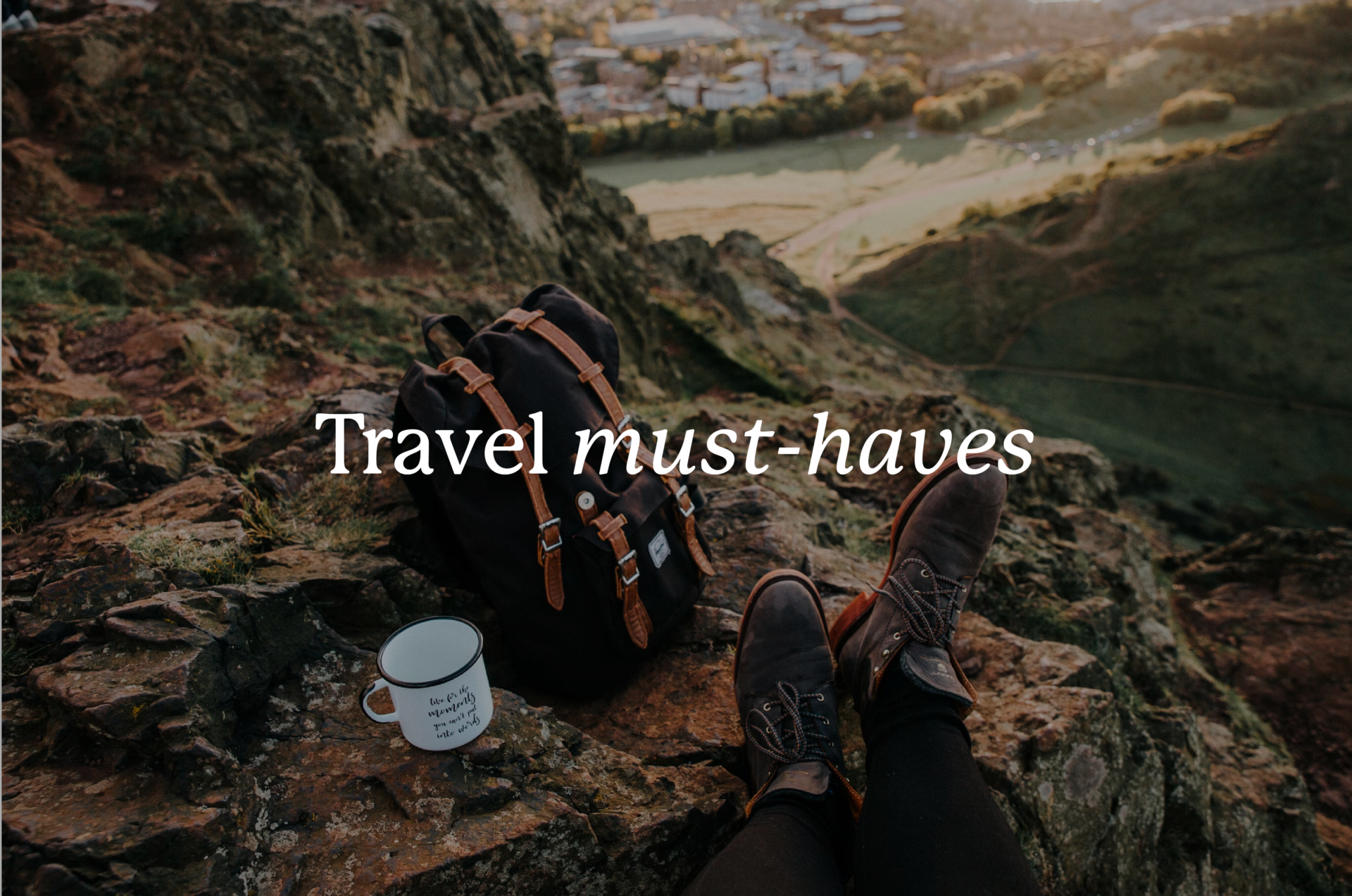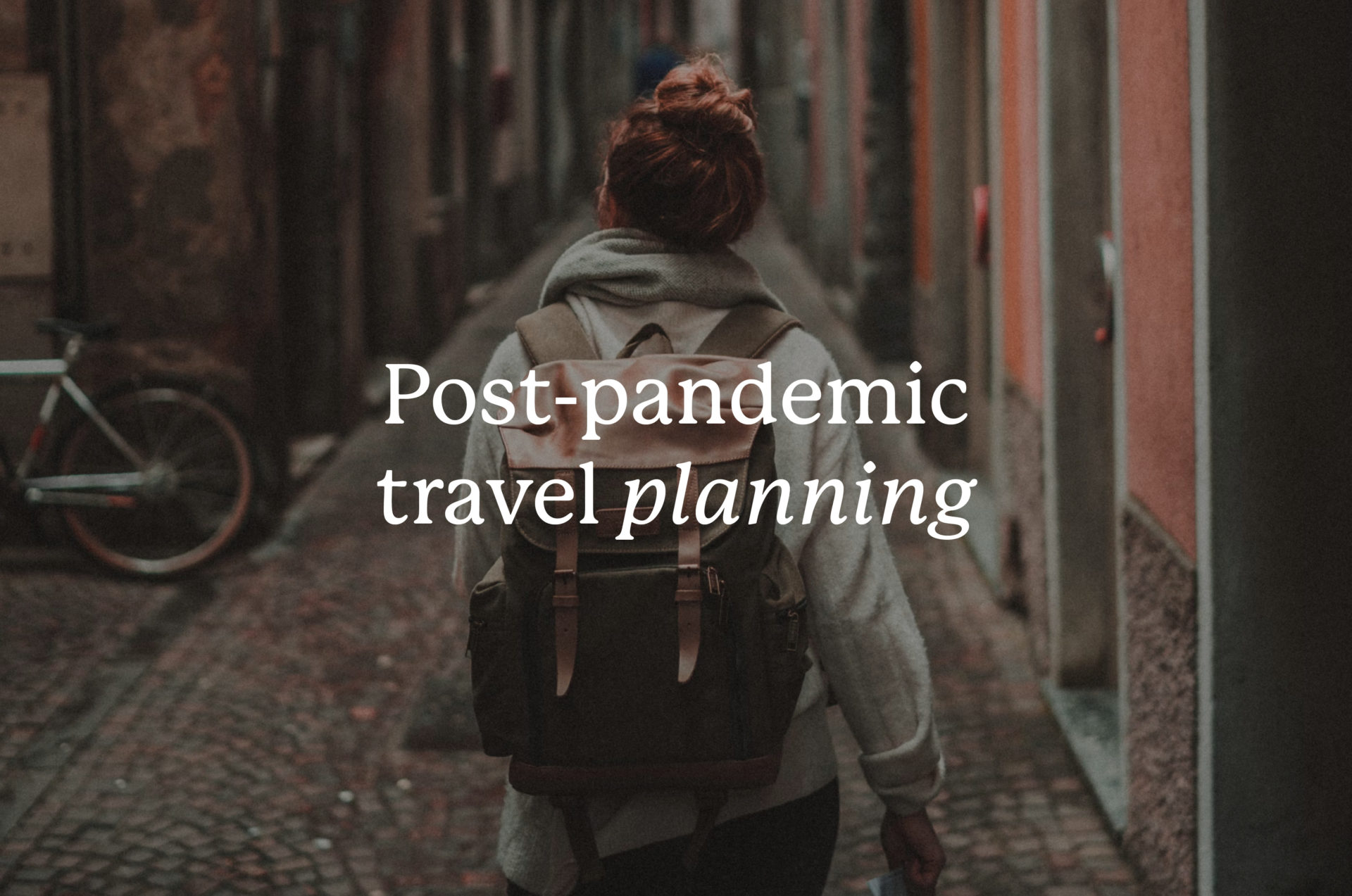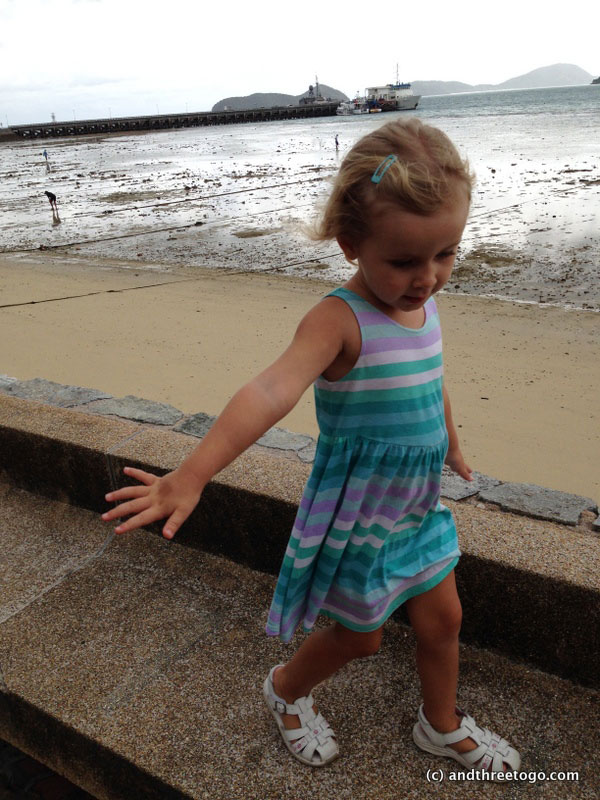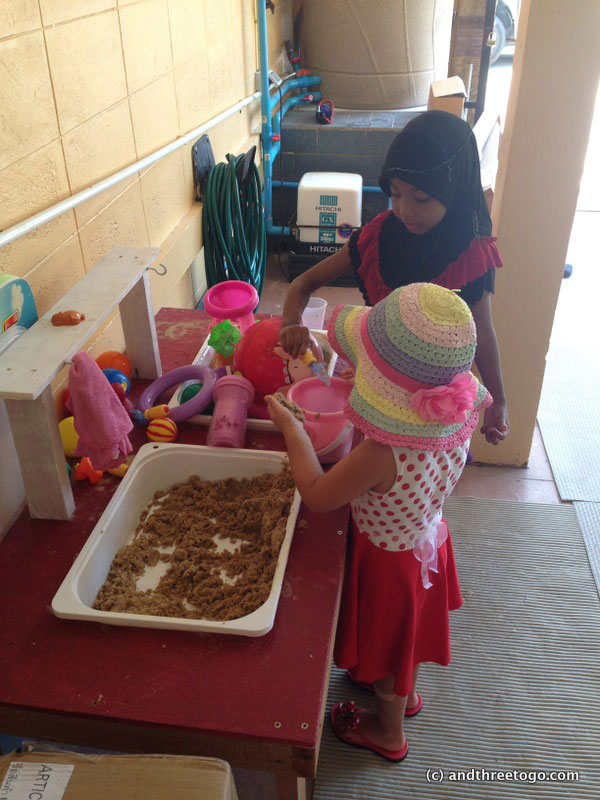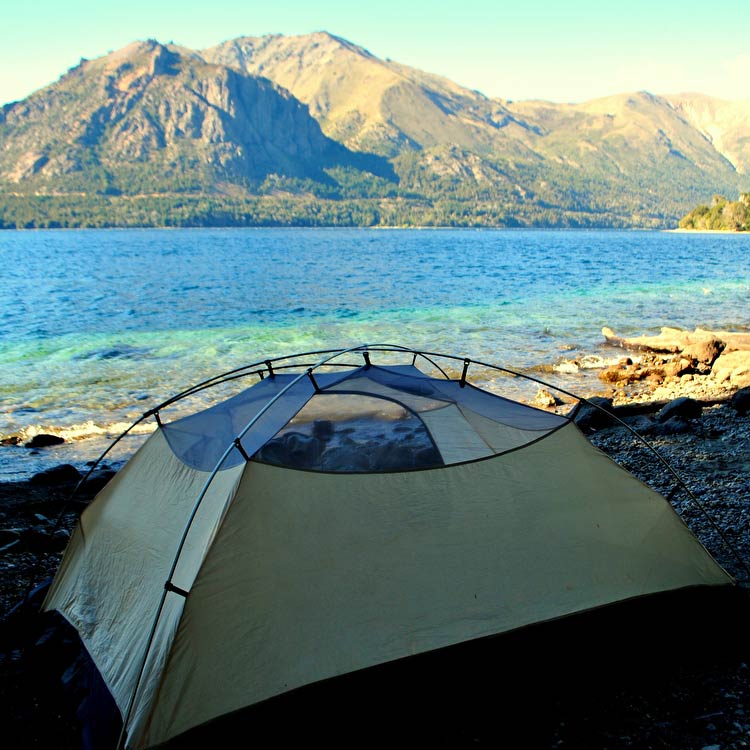7 Mobile Apps to Manage Your Trip Like a Pro
By Kateryna Kirian & Kate Chyzhykova
When it comes to travelling, people rely on their smartphones more than ever. No wonder mobile apps have become almost irreplaceable. They are immensely useful for browsing deals, booking tickets and managing your trip logistics. However, there’s more to it. Want to book a table at a restaurant? Discover a hiking trail? Find a good cycling route? Make sure you don’t miss out on an exhibit of a famous artist? There’s a mobile app for each of those activities, and often multiple. All within arm’s reach on your smartphone, so always with you.
Check out some of the apps that’ll ensure you never ever get lost on your way to a dream destination. We’ve prepared some ideas on how to upgrade your travel to a pro level.
❕ Just for you to know – the mobile apps we recommend are NOT sponsored ads. It’s just something that worked for us. So we are hopeful they’ll amplify your travel experience, too.
Which mobile apps can you expect?
📍 #7 Organize your trip itinerary with TripIt
📍 #6 Improve your travel check-lists with PackPoint
📍 #5 Optimize your travel budget with TravelSpend
📍 #4 Find a place to stay & make new friends with Couchsurfing or Airbnb
📍 #3 Save food & save the planet with Too Good To Go
📍 #2 Communicate beyond boundaries with Google Translate
📍 #1 Navigate like a pro with Maps.me
#7 Organize your itinerary with TripIt ✈️
Organization (of your itinerary) is the key to stabilization (of your mind)
Organizing a trip takes lots of efforts. Moreover, there’s always this feeling that you might’ve missed something. So it’d be really great to keep all your plans, itineraries and events in one place. However, with TripIt it’s possible to organize all your travel plans in a jiffy. Just forward your confirmation emails to them, and let the app do the rest. This mobile app really enables you to manage your travel like a pro. Check out what it includes.
✔️ Adding flights, hotels, restaurants, car rentals and events to your schedule.
✔️ A mobile itinerary automatically synchronizes new bookings with your calendars & inbox, and is available offline. So, when you make changes in one calendar, it’ll appear on your travel route in TripIt.
✔️ Tracking your carbon footprint & ways to offset carbon emissions of your flights.
✔️ Useful info about the latest COVID-19 restrictions in your destinations.
✔️ You can upload photos, PDF docs & photos to have everything in one place.
✔️ Suggestions on how to navigate your trip (local transportation & places of interest).
✔️ Includes airport maps to ensure you’ll make it to your next point.
Traveling is sharing, and mobile apps are the enables
Another advantage of TripIt app is an instant update of plans for all friends & family who are traveling with you. Just add an event to the calendar, and other travelers will get the notifications. You don’t need to do the copy-pasting any longer.
If you upgrade a mobile app to a pro version, it will provide you with alternative routes when your flights get cancelled. Also, it’ll send you automatic notifications from airlines about flight delays & cancellations.
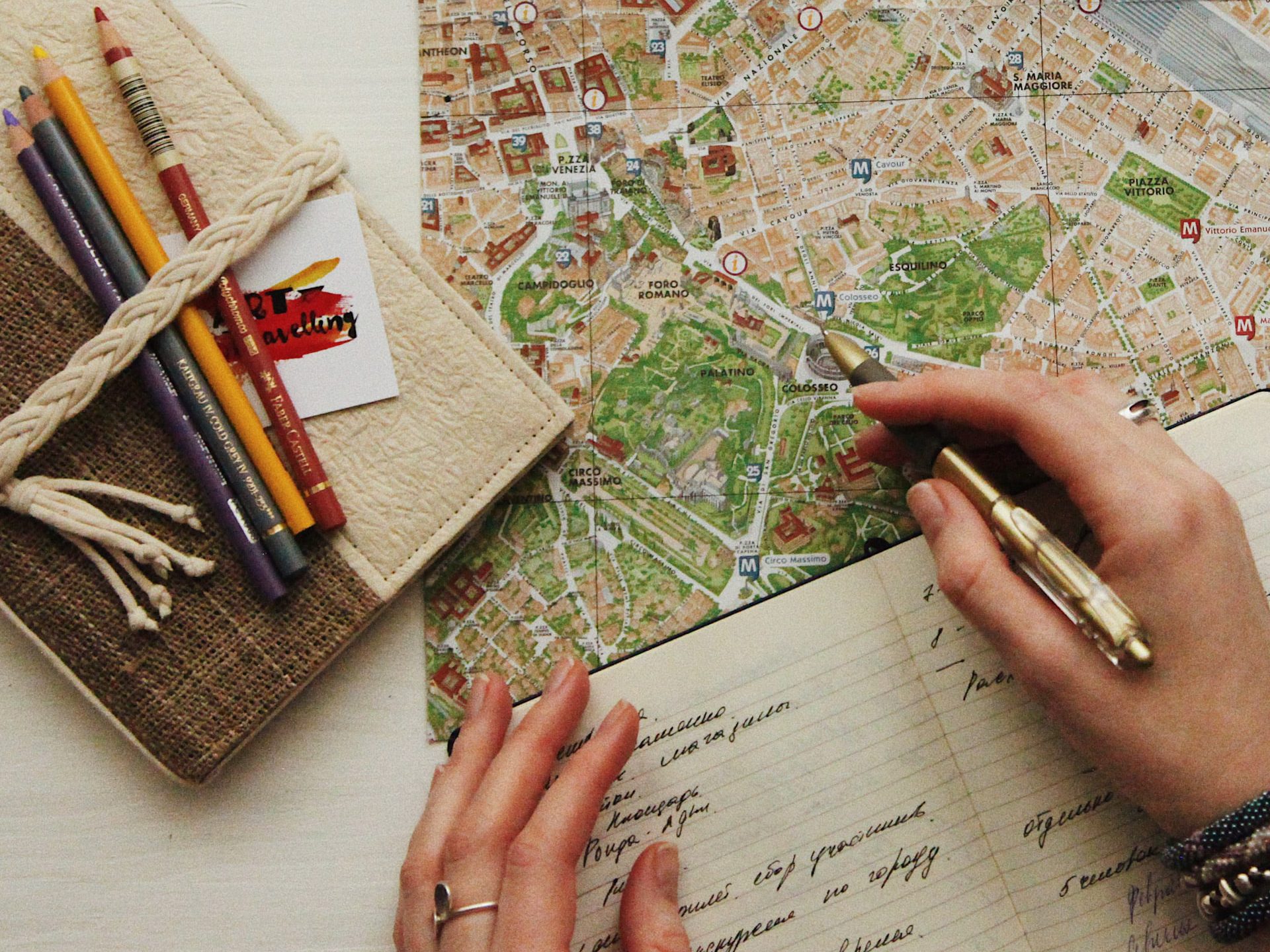
#6 Improve your travel check-lists with PackPoint 🧳
Want to avoid loads of stress while packing for your trip? Always dreamt of Neville’s Remembrall to remind you when you’ve forgotten to pack travel must-haves? Great news! There are mobile apps that are really handy for travelers who want to keep track of how’s the preparation for the trip going.
PackPoint app shows you what to bring along with you, considering
▪️ the length of the trip,
▪️ the weather in place you wanna visit,
▪️ and any activities you’re planning along the way.
Sharing is caring
The amazing thing about PackPoint is that you can easily share packing checklists you created with your friends & fellow travelers. So all you need to do is install the mobile app, type in the city you’re visiting and add your travel details.
The list builder will also help you organize your laundry, as it shows clothes you can still wear, and what should be washed. Then, you can plan your outfit for every day and always look astonishing.
So stop waiting until the day before your trip – or the hours before you have to leave for the airport – and start packing now!
The app is free but if you decide to got for a premium version for just 3 bucks – there’s a benefit to it. You can then integrate it with TripIt, and your packing lists will be automatically created.
➡ Tips from Airwander
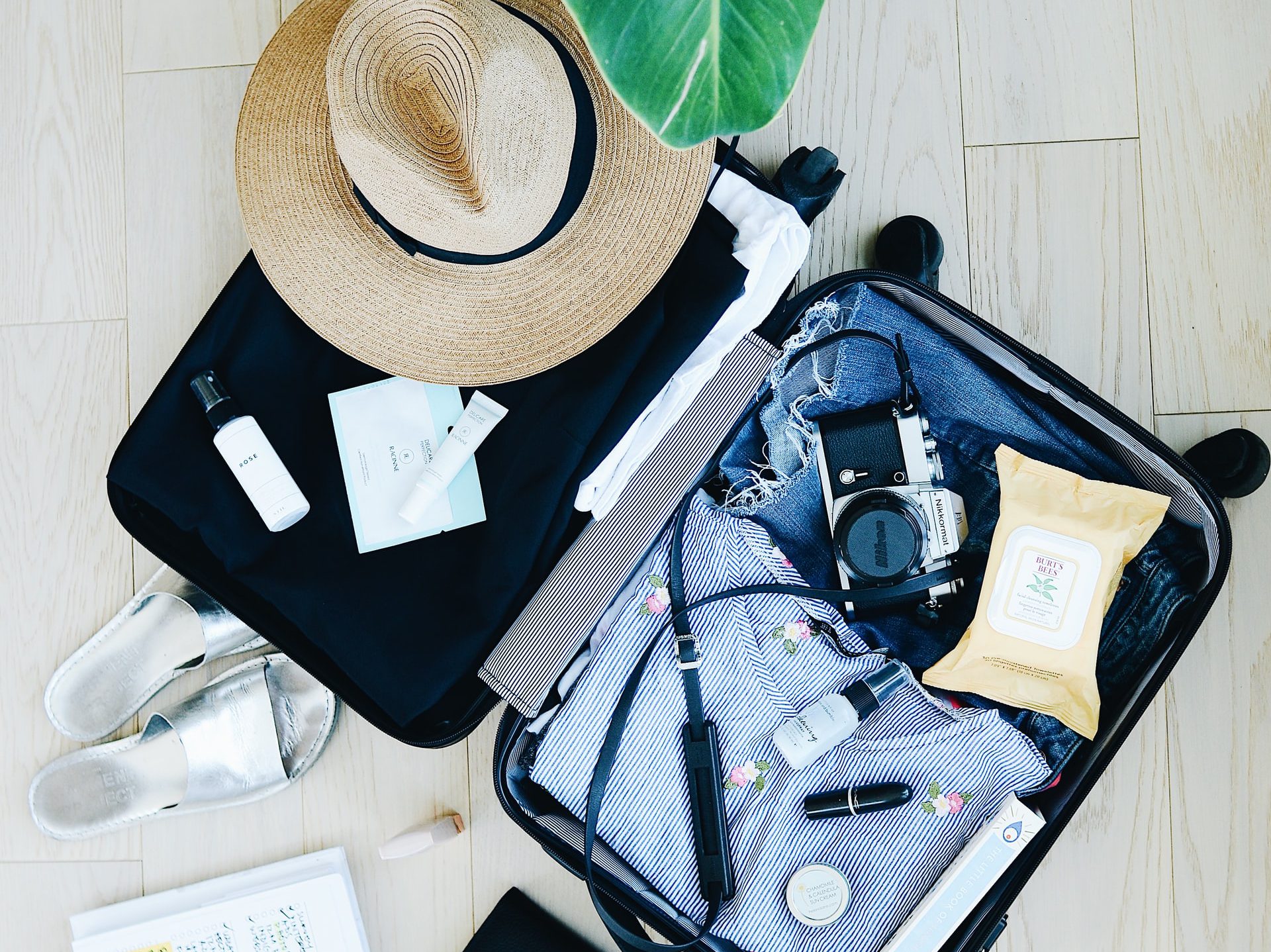
#5 Optimize your travel budget with TravelSpend 💰
When it comes to saving money, there’s a wide range of mobile apps that’ll be useful. TravelSpend is one of the best to plan your trip budget and add travel expenses on the go. So let’s take a closer look at TravelSpend features.
➙ The app works offline, so you can track your expenses at any time.
➙ You can set a specific budget for each trip, and the app will help you stick to it.
To decide on a trip budget, check out Airwander’s guide Travel Planning: What’s with the budget? in one of our articles focused on expert travel.
➡ Tips from Airwander
➙ Expenses are labelled and grouped into categories, so you can see in real time what part of your trip may need cost optimization.
➙ Gain unique insights. You can access the statistics of your trip expenses as the trip starts. Also, there’s a map with the exact locations of all places where you spent money. Now you’ll always be able to come back to your favorite spots or share them with friends. However, if you are a pro in money managing, there’s a pro version – all your expense-related data can be exported in CSV files.
And a few more amazing features…
➙ TravelSpend offers different currencies, so forget the worries about the exchange rates. Just type in the amount you’ve spent in local money, and you’ll see how much it is in your home currency.
➙ Another great feature of this mobile app is inviting multiple users to create a shared travel budget. What’s even more incredible is that you can split bills and keep track of who owes whom without any mental efforts.
So if you want to control your expenses (and you definitely do:), TravelSpend is one of the best ways to make it true.

#4 Find a place to stay & make new friends with Couchsurfing or Airbnb mobile apps 🛏️
We already described the specifics of choosing the right accommodation for your trip – check out the section “Travel Planning: Where to stay?” It largely depends on what type of experience you prefer, how you like to socialize and how much you’re willing to spend.
▪️ Be it Couchsurfing (meet your host & find your couch),
▪️ Airbnb (book your next getaway in a local way),
▪️ Hostelworld.com (save your money),
▪️ Booking.com (burn your money),
▪️ or any other accommodation platform, there’s a dedicated mobile app for each of them.
Surely, you can just use the website, but a mobile app usually has a more friendly interface and often works offline.
The common sense says to book in advance, which is true for almost all the mobile apps. However, with Couchsurfing contact your potential host right before your arrival (1-2 days ahead). Convince them that you have nowhere to stay, and you’ll have your couch. My Couchsurfing host once said that’s the exact and only reason he agreed to share his apartment with us. And yet we had an amazing time, so a bit of stress before the unknown was totally worth it 🙂.
➡ Tips from Airwander
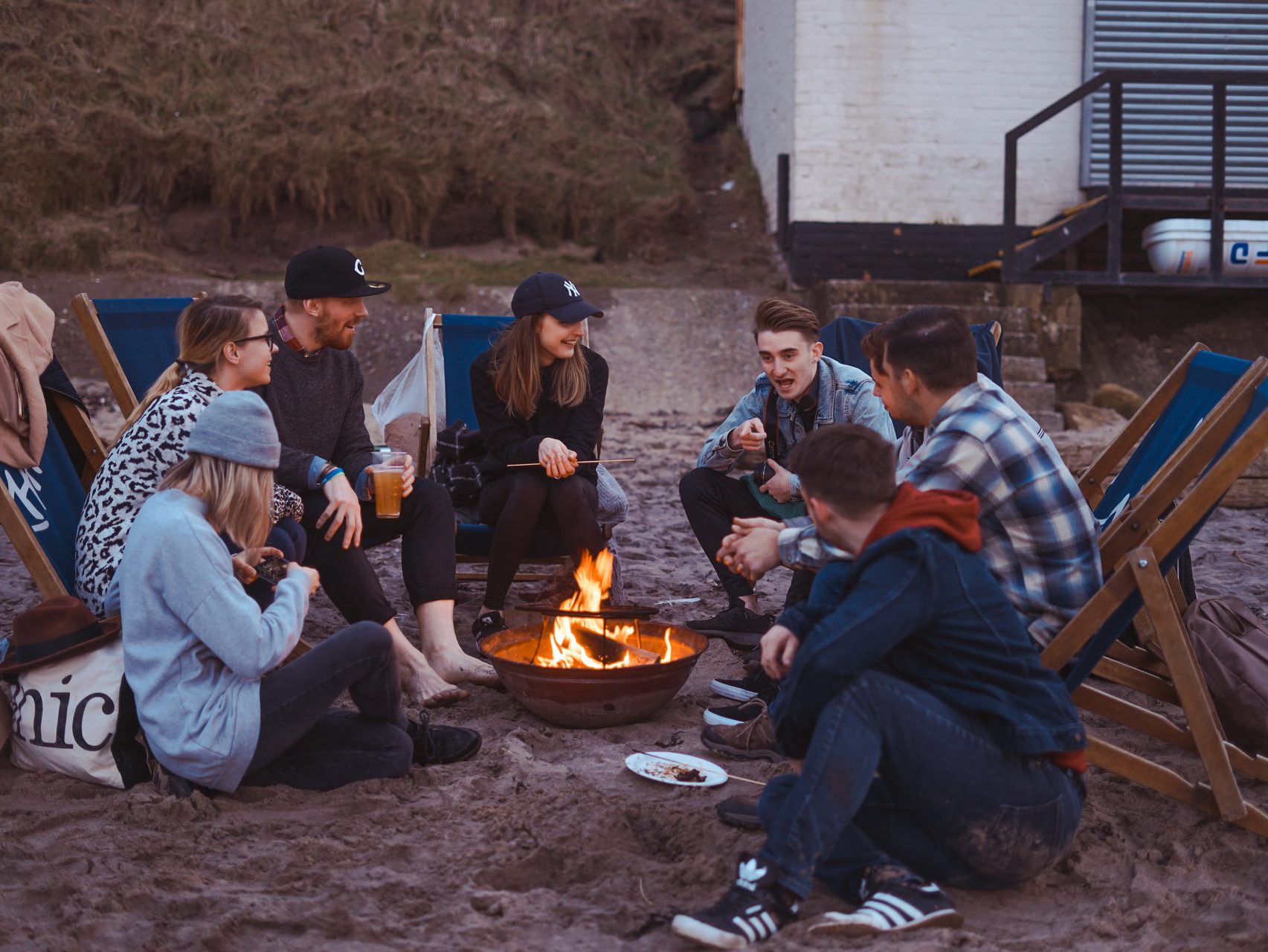
#3 Save food & save the planet with Too Good To Go 🥙
You must’ve already discovered that travel is a great way to heal your soul. But did you know that it works even better when you travel sustainably? Sustainable travel is a complex approach, but here’s an easy way to do some baby steps. Check out Too Good To Go – one of the mobile apps which helps you fight global food waste locally. It’s as easy as rolling off a log & as effective as hell!
1️⃣ Download TGTG app.
2️⃣ Browse restaurants & stores in the closest vicinity and reserve your Magic Bag.
3️⃣ Pick up your food at the chosen place at a certain time.
How do mobile apps fighting food waste work?
Every day in every store and restaurant there’s a surplus of food. According to the data provided by Too Good To Go, ⅓ of all food in the world is getting wasted. Basically almost all of these products and dishes are perfectly edible. What’s more, the majority is in fact delicious!
However, the staff has no other legal option than to throw it all out unless they cooperate with local businesses or have a special policy of dealing with food surplus. So what TGTG does is connecting local businesses with customers who don’t mind saving food, money and planet through a mobile app 🌎
Sounds incredible, right? You better join in. The app is available in 15 countries and recently entered the U.S. market. If you’re traveling to a country where it’s not yet available – don’t give up and look up alternative mobile apps. The fight against food waste has inspired entrepreneurs worldwide.

#2 Communicate beyond boundaries with Google Translate 🌐
If you travel internationally, there is a big chance that you’ll come across a foreign language in your destination country. And while English is indeed the 3rd most spoken language in the world, many people don’t use it on a daily basis. But it’s not a problem in the society replete with mobile apps.
With a personal translator in your pocket, you can find a common ground with basically anyone, no matter what language they speak. What’s more, it is immensely useful in emergencies, when you don’t have an inkling what’s going on.
Useful features
With Google Translate you can do lots of things.
✔️ Type in text in any language and get it translated to your native language.
✔️ Take or import photos of any piece of text, and the app will translate it for you.
✔️ Use instant camera translation by just pointing your camera at a text or an unintelligible sign on the street.
✔️ Just speak up, and a synchronous translation will appear on your screen.
✔️ Conduct a real-time conversation with a person speaking a foreign language by taking turns in a conversation. With Google Translate as a third party, obviously 🙃.
✔️ Download language packs and use a translator at any time throughout your trip.

#1 Navigate like a pro with Maps.me 🧭
Key features
No matter how you decide to navigate a new country, you’ll have to consult a map at some point. There’s no doubt that we associate paper maps associate with a real adventure, but time calls for new technologies and modern solutions. Maps.me is an essential tool for
▪️ visiting a city,
▪️ mapping must-see locations,
▪️ getting directions for walking, riding a bike, using public transport & driving,
▪️ finding public services,
▪️ discovering great places to eat, Wi-Fi spots, ATMs and much more, even booking accommodation is integrated with the app.
Offline maps in mobile apps
Maps.me can offer something most other mobile apps related to maps can’t. It lets you view your saved maps offline, which is extremely important when you’re in the middle of nowhere. Or when roaming data tariffs cost a fortune.
Mobile apps as travel guides? Why not!
What’s more, Maps.me helps you explore a city by yourself with amazing travel guides – descriptions & photos of places included. There are actual catalogs with plenty of ideas about where to go and how to spend time.
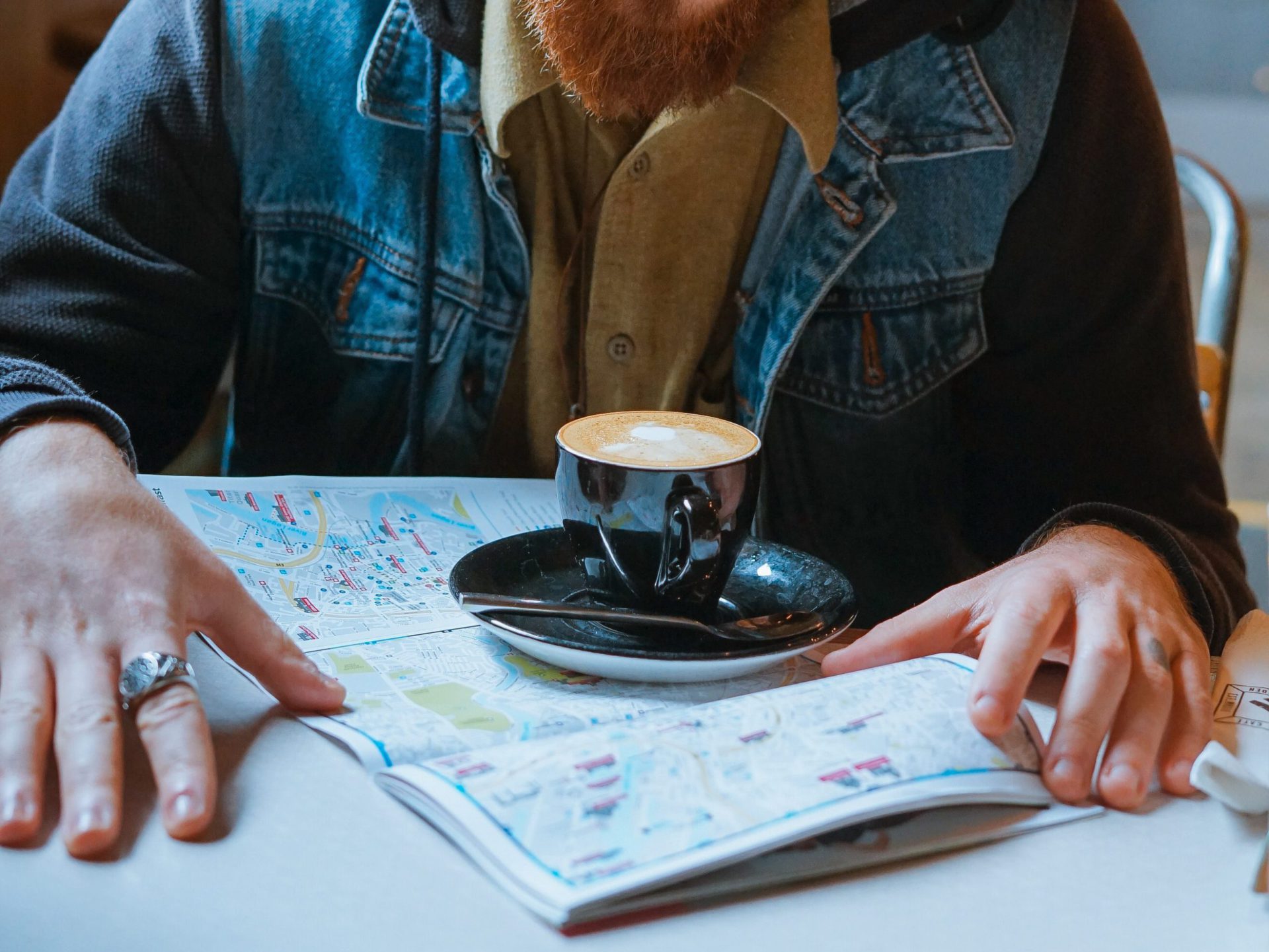
No matter where you go and how long your trip is going to last, try and make the most out of it. To sum up, mobile apps are a smart and easy way to ensure nothing gets past you.
11 Travel Must-Haves You'll Include on Your Next Trip Checklist
By Kateryna Kirian
Bright memories and discoveries aside, having everything you need at hand to make you feel comfortable is one of the essential things while traveling. As packing your suitcase is quite an important part of the trip, we’ve come up with a list of simple travel hacks which can make your life so much easier. Once you figure out your own travel must-haves, you'll stop worrying about forgetting something and will take only what’s important - an upgrade for your travel planning skills! The proper checklist will help you organize your suitcase better and fit everything you need in it. Turn your packing routine into a real art with these essentials:
- Hand baggage
- Noise-blocking devices
- Wardrobe essentials
- Packing cubes & zipper bags
- Entertainment
- Portable Wi-Fi router
- Travel tech
- Toiletries
- Documents
- All sorts of money
- Healthcare items
- ... and bonus Mid-trip essentials
#11 Hand baggage
Seasoned globe-trotters are prepared for different journey scenarios, including unpleasant incidents as well. To do this, be sure that your carry-on baggage contains some essentials. Put at least a few-day kit of any medications you're taking in, all documents, money and the most valuable items. Then, if your registered bag gets lost, you will have the most important stuff still left with you. Don't forget to put a small toiletries kit in there, a phone charger and other crucial gadgets. To sum up, put into your carry-on baggage the essentials for a couple of days.
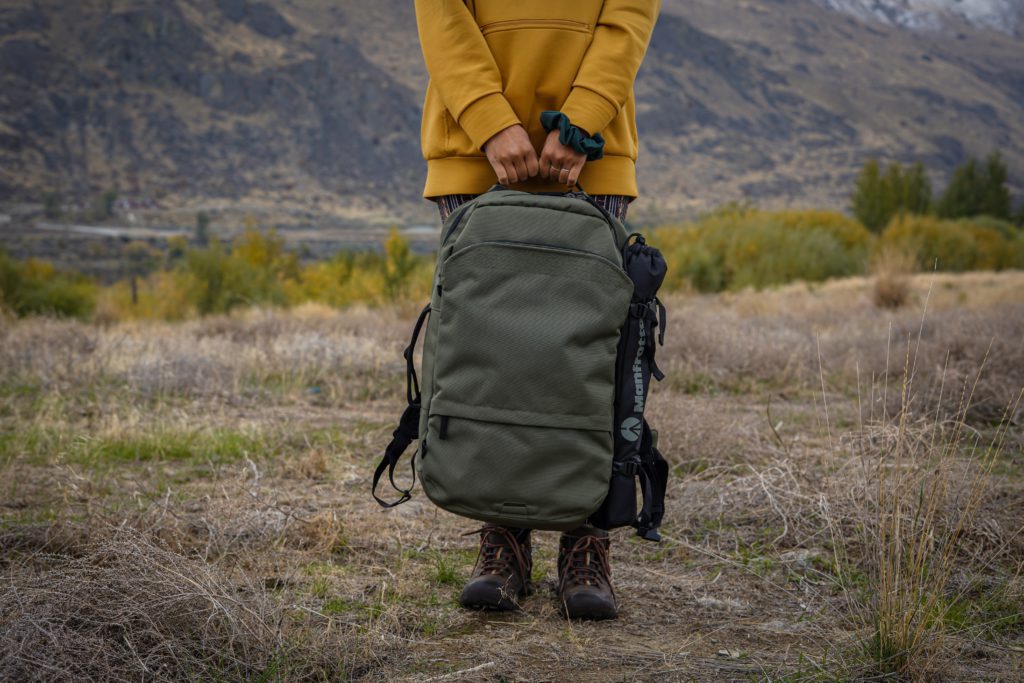
#10 Noise-blocking devices
There is no way to grant that babies your vacation neighbors won’t be partying throughout the night or babies won’t be crying next to you on the plane. If you can't change it, just make sure you have something to protect you from the noise. These items are often at the very top of the travel must-haves. For instance, you can use noise-blocking headphones which will save you from tiring, stressful and loud noise.
Another solution is earplugs, which will ensure that you have a decent night sleep without interruption and come in handy both on the plane and in hostels. Along with the earplugs, you can consider taking the sleep mask as well. If you sleep in hostels, you never know when someone in the room turns the light on in the middle of the night. With a sleep mask, you won't even notice it. Besides, they're really useful to have in your hand luggage for bus or train journeys in case you want to get a nap.
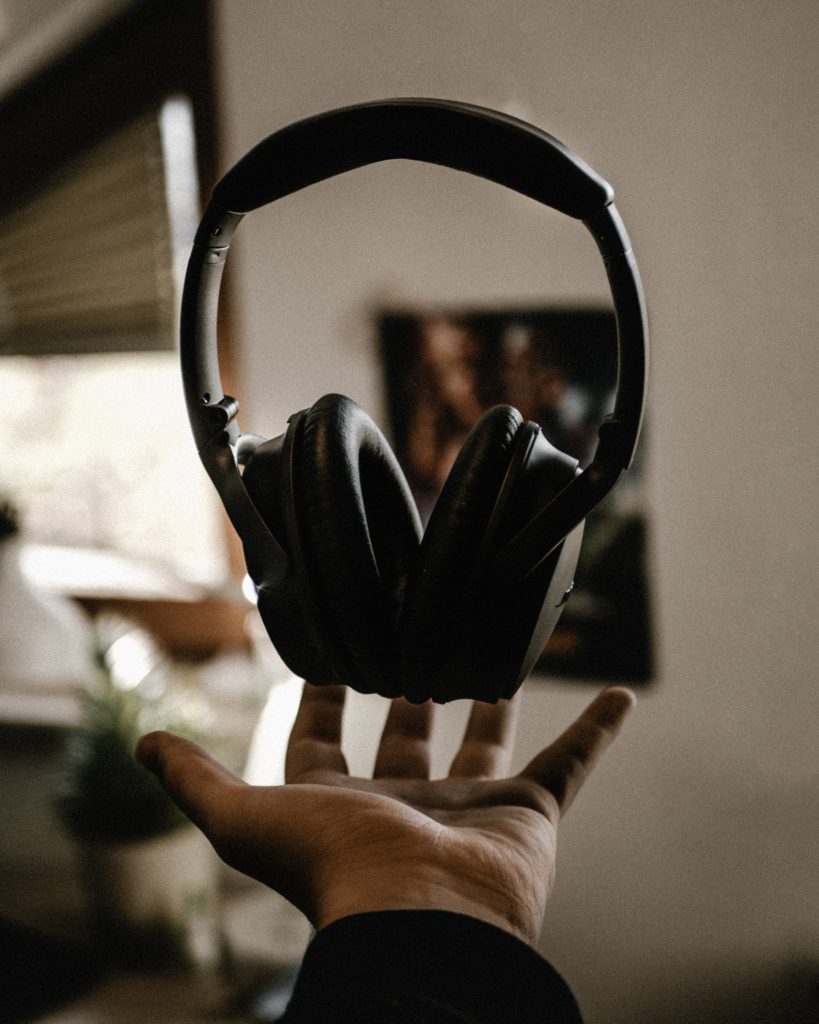
#9 Wardrobe essentials
Wherever you go, you should pack different kinds of clothing. Ideally, the best choice here is to pack for any situation that is likely to come across in your trip - hot weather, cold weather, rain, sun, formal dinners, sweaty hikes or relaxing sun basing. Even if you don't expect to use a certain type of clothing, the weather may surprise you, and it's always better to be prepared.
However, if you are limited by the backpack capacity and your trip lasts just a few days - check the weather in your destination city and pack outfits for each day selected in advance. Try to choose a few sets of clothes, where elements go well with each other and can be replaced. In other words, keep just travel must-haves. For those who still bet on taking the whole wardrobe with them there’s also a solution - find a perfect suitcase that will have space for all of it.
Once the suitcase is in front of you, start with packing lightweight clothing that can be layered, such as t-shirts, tank tops, long-sleeve t-shirts, light sweaters and jackets and a variety of shorts and pants. Don't forget to take enough underwear and at least one extra full set of clothes. And keep in mind one of the most crucial travel must-haves – socks. They are immensely important because they protect your feet from rubbing against shoes, especially if there's a lot of walking on the schedule.
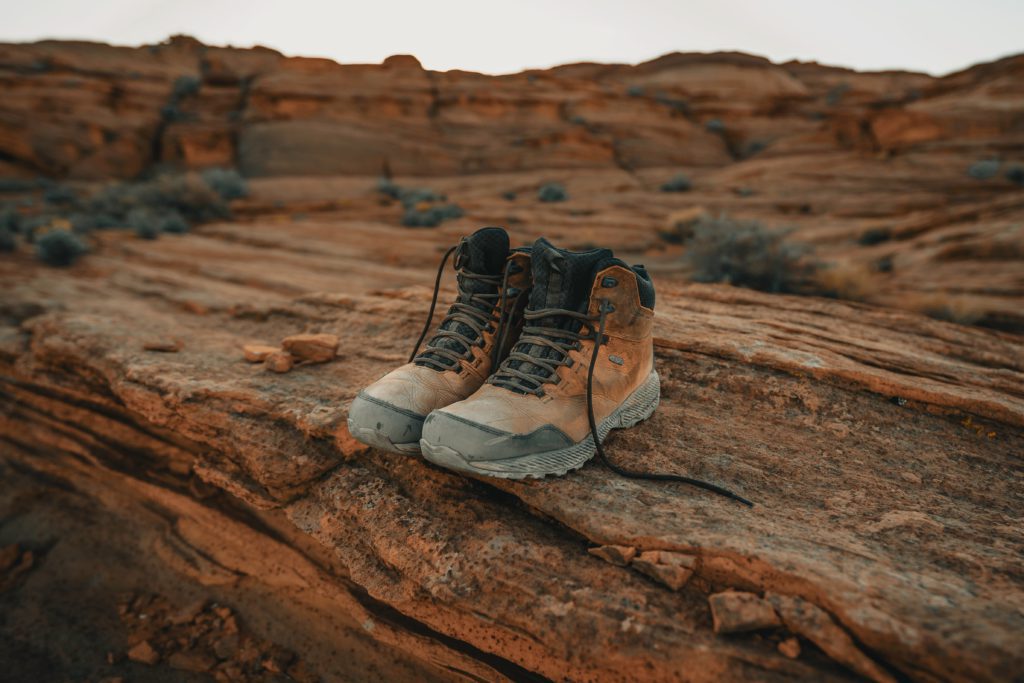
#8 Packing cubes & zipper bags
Stressing out about that you have too much to pack into one small suitcase or backpack? Mine used to look like I’ve just upended the laundry basket into it. In case you can relate, organization tools can be really useful. Take the packing cubes. First, they will help you to separate a suitcase into the sections (sleeping clothes, socks, jackets etc.) and it will be much easier to get access to the right one. What’s more, your stuff will actually take less space as it will be compressed to fit the size of the containers.
As for the toiletries, there’s also a solution for that - leak-proof zipper bags (one of the basic travel must-haves for me!), which will make sure all your clothes stay dry and clean, however bumpy the journey is. For those aiming to become a travel packing guru, check out some more smart packing techniques you can apply for keeping your things organized.
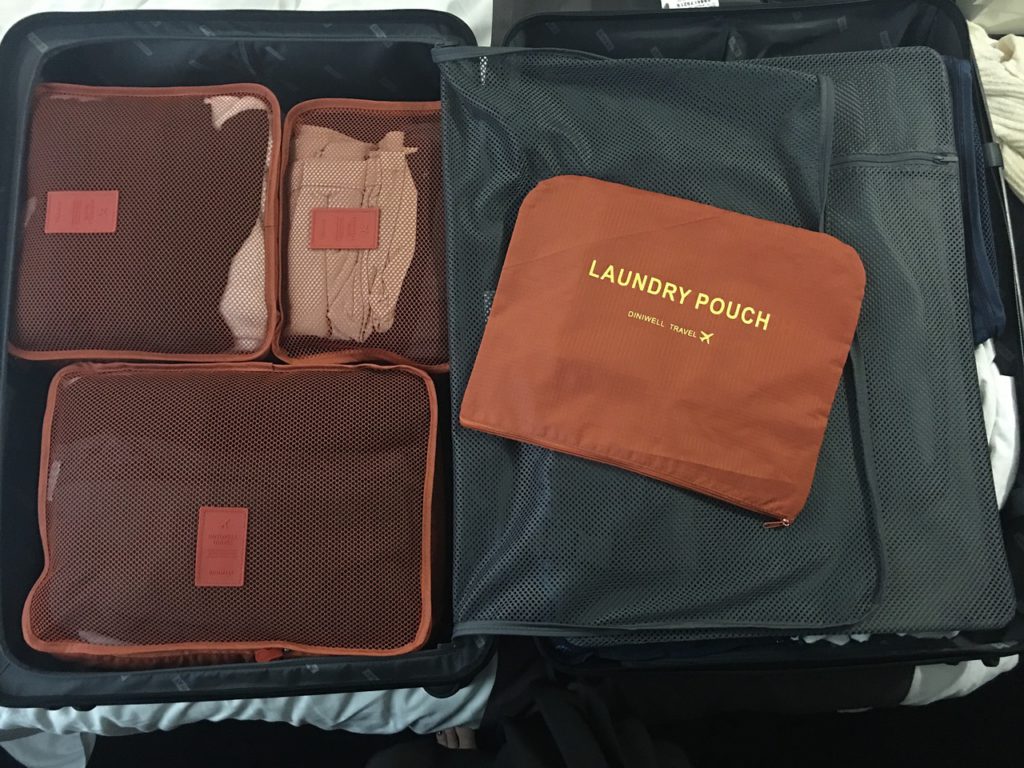
#7 Entertainment
Remember that apart from walking and discovering new places and activities you're going to spend a lot of time on planes, trains, and cars. For that, you'll need to take something to keep you entertained during the trip. It's up to you what to choose. Download a podcast or an audiobook you have wanted to listen for a long time or grab a classic paper book, install a game to your tablet or your phone. You can do crosswords, play Sudoku, or do some other kinds of puzzles to keep your mind busy. You can even finish some project or do some brainstorming for a new one.

#6 Portable Wi-Fi router
The huge benefit of a travel router is that you don't have to add all your devices to each new Wi-Fi network you want to use. Instead, your gadgets are connected to the travel router, and you only have to connect the travel router to different networks. It is an absolute must for people who have a business trip and need to work remotely. On the other hand, it is a perfect option for a family or a group of friends. The router is quite mobile and doesn't take a lot of space in your suitcase. You can even stick it into a pocket or otherwise store it away without notice until you need it.
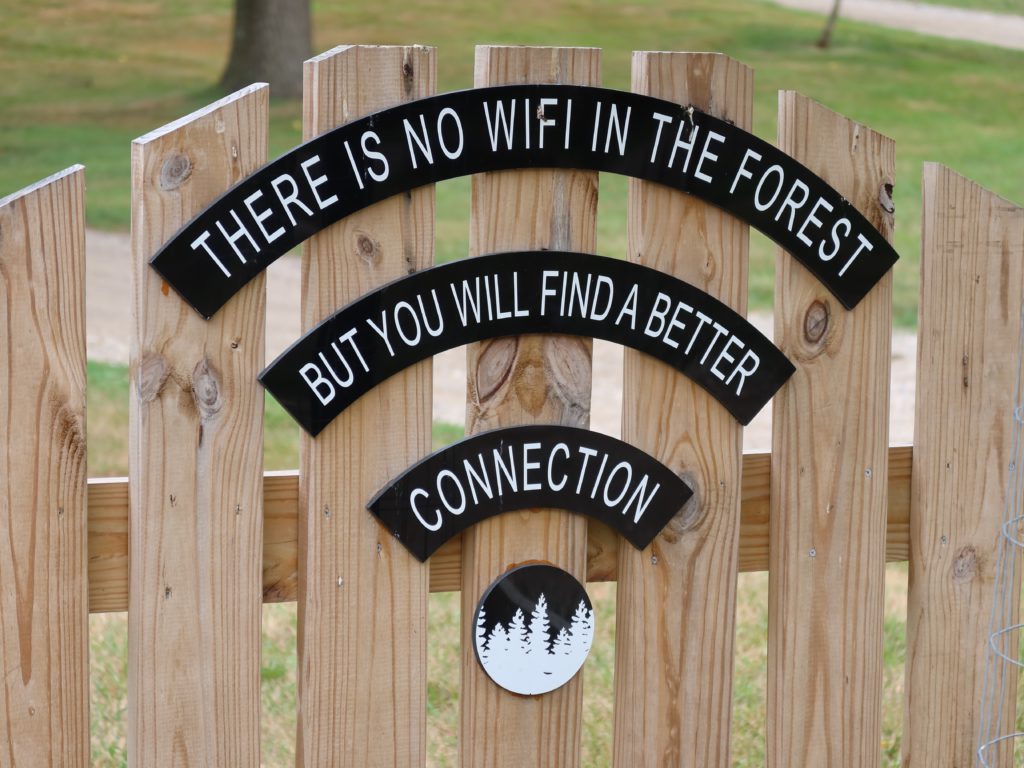
#5 Travel tech
Travelling without gadgets nowadays seems impossible. Cell phone and a set of headphones can easily replace a camera, a local guidebook, a translator, or a road map for you. But this means you need to be able to recharge all your electronic devices. We are all familiar with these problems of the 21st century, when your phone battery dies on the road, or just before you want to take a picture in front of an amazing site. So bring a portable phone charger with you.
You may also want to check what kinds of power plugs and sockets are in your destination country to decide if you need an adapter. For example, while they are basically the same everywhere in Europe, on Malta, Cyprus or in the UK they are quite different. While some hosts may provide you with an adapter, it’s always nice to make sure you can survive on your own.
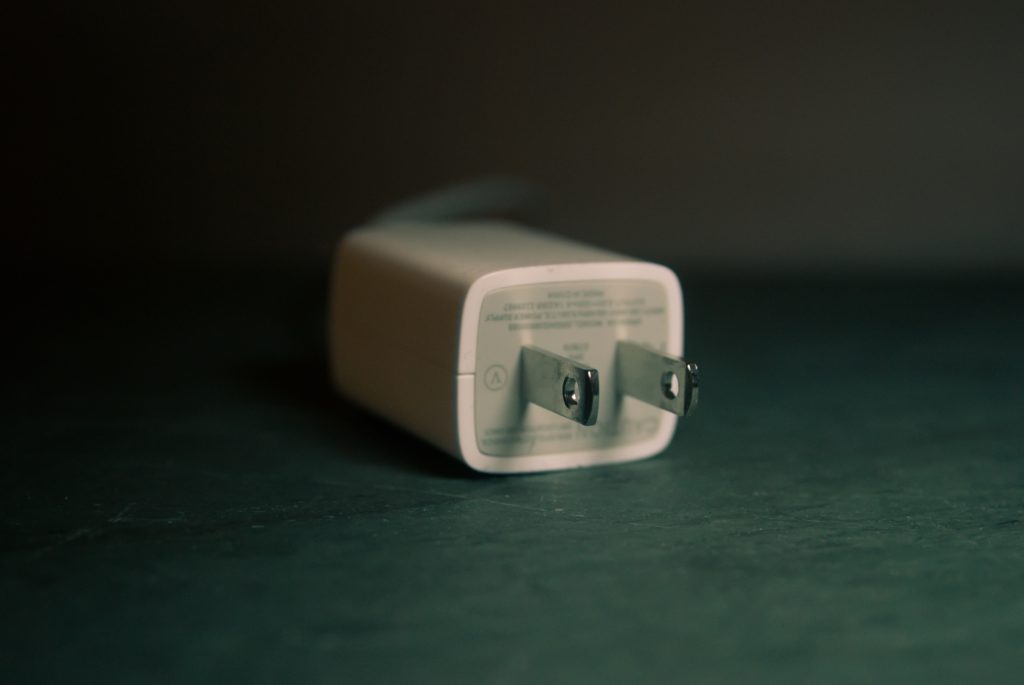
#4 Toiletries
Other travel must-haves you'll include on your next trip are toiletries. Packing the right ones is not the easiest task, especially if you only plan on taking carry-on luggage. Start with the basics - deodorant, a toothbrush, a hairbrush, lip balm, and any other products you may need.
With liquids, there’s a lifehack how to take everything you need and not exceed the limit of liquids allowed on the airplane in carry-on luggage. You can replace a traditional shampoo and a hair conditioner with the solid equivalents. You can also find solid toothpaste tablets and mouthwash tablets dissolving in water. Before you start packing, make up your mind about what you really need and what you simply want to take, and pack only items that belong to the first category. For more ideas for smart packing take a look at the guide to travel toiletries.
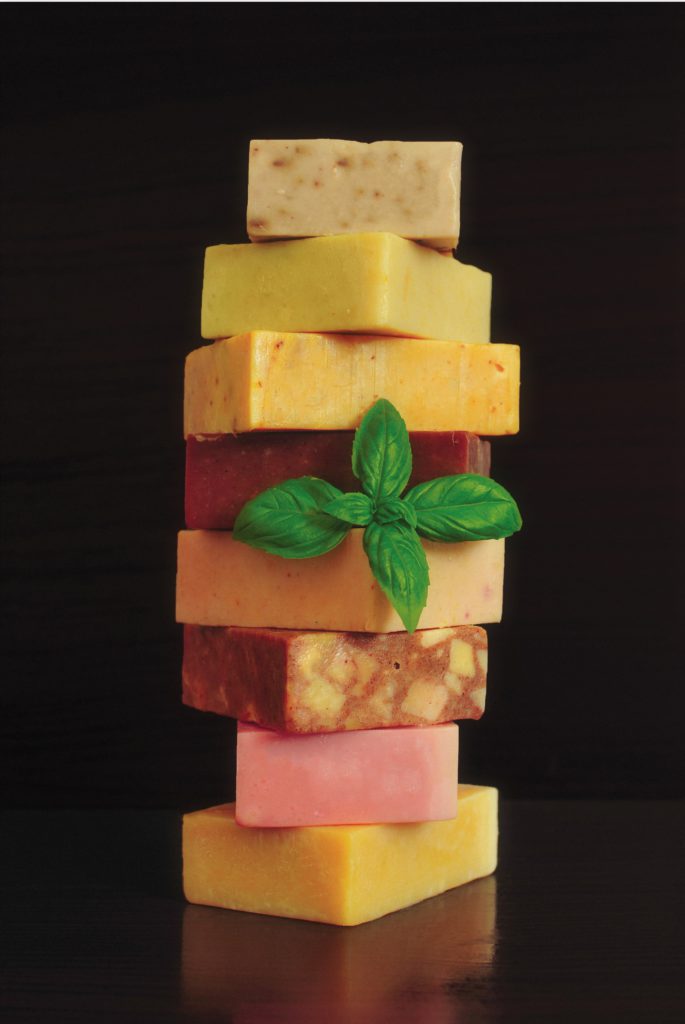
#3 Documents
One of the key travel must-haves on your check-list are your documents and money. While you can survive without some clothes or an extra pair of shoes, you can't go very far without a passport and a credit card. If you're travelling inside Europe as an EU citizen, sometimes it's enough to have your ID or a driver's license. But be aware that some airlines require to have a passport with you. For non-EU citizen having a passport is obligatory. Don't forget to check if your documents are valid as well. Another hint is having scans of your documents in cloud storage. It would really help to recover them if you accidentally forgot the wallet somewhere.
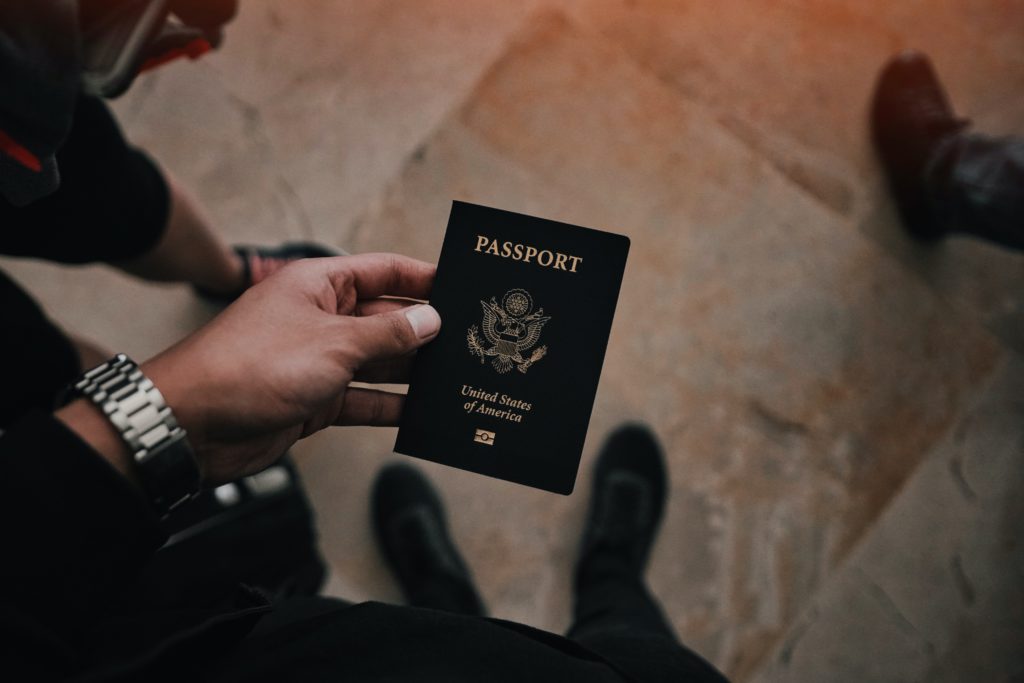
#2 All sorts of money
Another must-have which should be found on your travelling checklist is a local currency or the international currency such as USD or EUR which could be easily exchanged when needed. Of course, credit cards, Apple Pay and other forms of contactless payment are very comfortable but don't forget, that there are still some places where you need to pay in cash.
If you travel abroad, you'll need to do a few things to make sure you have access to money while travelling, as some banks may limit it by default. If this is the case, check your online banking system to see if you can release the hold on your account in your own. Otherwise, give them a call or pay a visit and inform that you are going to travel internationally and will be using your credit and debit cards in different countries. Anyway, it is a good idea to have some local cash wherever you go to avoid unforeseen problems.

#1 Healthcare items
It's a necessity to have some basic meds with you on the trip, especially if you are bound to explore nature with no pharmacies nearby. Painkillers or allergy medicine will come in handy for headache, period pain or stomach ache. These kinds of pain may catch you off guard, so you better always be prepared. If you have any prescribed meds, transport them in labelled packages to avoid any questions at the customs.
It's also a good idea to have a basic first-aid kit in your bag. It should include bandages, alcohol cleansing pads, antiseptic cream, and (if you haven’t packed them already) some basic painkillers. In times of the pandemic, you should know how to protect yourself and your fellow travelers from the virus spreading. You may also need some allergy relievers, cough drops, and medication for diarrhoea or constipation.

Mid-trip essentials
When you pack your suitcase, you should remember that apart from 11 travel must-haves you'll include on your next checklist you should remember about some other less important but still quite useful things that better be found in your travel bag during the trip. Don't forget to grab an extra shopping bag, some reusables (to travel more sustainably) or a smaller backpack in your luggage just in case you find a few extra items you want to bring home.
It can be souvenirs and gifts for your friends and family. If you are searching for the right thing to bring from the trip, read these 10 tips for finding the perfect travel souvenir and don't buy unnecessary stuff you'll regret about. Just make sure you don't have to pay any extra checking fees for that bag on your flight back home and enjoy your journey!

Post-Pandemic Travel Planning: Wanderlust vs. Safety
By Kateryna Chyzhykova
Do you often get itchy feet when looking at those amazing photos of yours from the last trip? Are you thrilled to get back on track with your travel planning after a long break? Or maybe you just can't wait to visit some amazing real-life locations from your favourite fantasy movies and feel the urge to start buying plane tickets right now? We feel that, too! But here’s the thing:
Travel as we knew it is over and it's never coming back.
Brian Chesky, Airbnb CEO
Still, keep your chin up. Adjusting to the new circumstances is one of the best skills we humans have, as is planning. That’s why we’ve prepared the basics of Post-Pandemic Travel Planning - to introduce you to smart travel during and after the coronavirus.
Why travel planning matters?
The era of spontaneous travel is most probably over. Apart from your own preferences, you should now consider a bunch of formal regulations such as whether you can leave your origin country, your transit and destination country’s entry requirements and quarantine policy, as well as the actual health situation in the places you’d like to visit. In the light of the constantly changing rules, travel planning is absolutely critical to pulling it off.
So, how to plan your travel experience step by step, including where to go, when to book, how to fly, where to stay, and finally - what's with the budget?
Travel Planning: WHERE TO GO?
While you used to start with WHERE you WOULD LOVE to go, now you should start with WHERE you are ALLOWED to travel as a tourist. We suggest you keep the order we’ve created for you below.
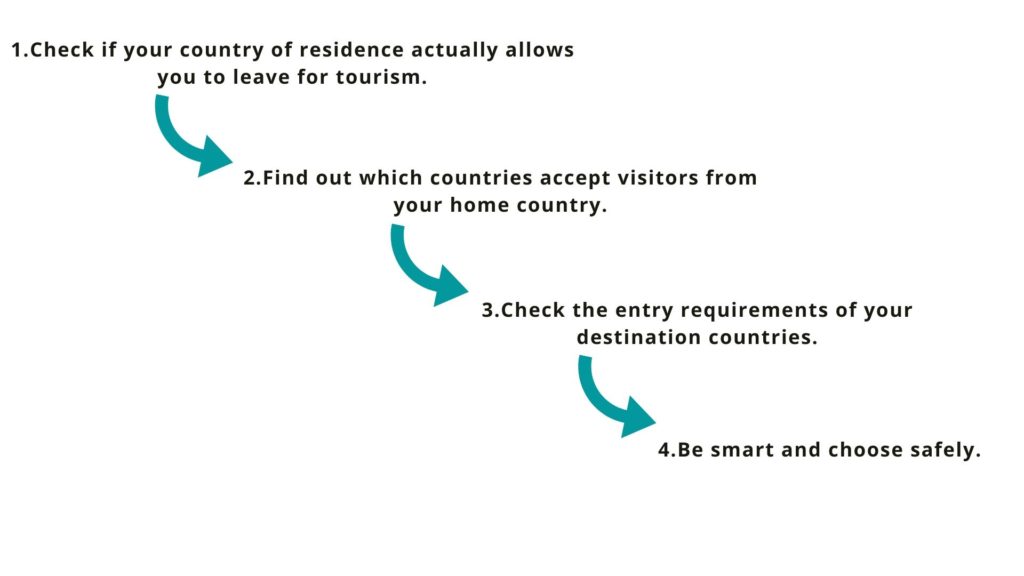
1. Check if your country of residence actually allows you to leave for tourism.
If they say you can travel, that’s amazing! Still, find out what’s the return policy - a 14-day self-isolation may be required for those coming back from certain countries. If your home country is still closed, read up on its opening policy - travel may be closer than you think.
2. Find out which countries accept visitors from your home country.
Keep in mind that regulations may be contingent not on your actual citizenship, but rather on your country of residence, point of departure or a specific status resulting in an exemption. For example, while Poland keeps the borders closed to the most non-EU countries, students of the non-EU countries, such as Ukraine, may still enter without the need to self-isolate. What’s more, citizens of non-EU countries living in the EU (those having long-term visas or residency cards) are often subject to the same regulations as the EU citizens, and can already travel within the EU countries which lifted restrictions. So, for example, if you’re a non-EU citizen but living in the Czech Republic, you have the right to travel to let’s say Poland as if coronavirus have never happened.
3. Check the entry requirements of your destination countries.
Here, the policies are legion. They may require you to fill in the online form to show it on arrival or present the negative COVID-19 test made no later than 48h or 72h prior to arrival. They may as well make random health checks for arriving tourists, which means you’ll have to wait for your test results in a certain place (your booked accommodation or a designated facility) without the right to leave it. DO pay attention and select your sources carefully - fact-checking is the new black and is crucial to the success of your trip.
4. Be smart and choose safely.
Now that you know you can officially go abroad and come back home without extra obstacles, create the list of countries that underwent your meticulous selection. Read up on what’s going on there to decide if it’s indeed safe, or if this country just desperately needs tourists to boost the economy.
Travel Planning: WHEN TO BOOK?
Your official vacation and to some extent ticket prices used to be decisive in choosing your next destination. From now one, you should take some extra aspects into account, such as the airline flexibility policy or the possibility of the second lockdown worldwide.
It’s high time you read the long airline refund policy.
As basically no one can guarantee your trip will actually happen, it’s better to pay a bit more to ensure you’ll get the refund than just let the fate take its course. You may go for flexible changes or a full refund, but check twice. It may also be the case that if your flight gets cancelled due to the coronavirus-related reasons, you will only have the right to rebook the same route in the next 3 months.
Better sooner than later.
It’s generally much cheaper to book in advance, but in a situation that’s hard to predict it may be safer to grab the flight tickets for the closest future (up to 2 weeks) while you still can. Countries update their entry regulations on a daily basis, and it’s not always a positive change - for example, Slovenia decided to close the borders for the 2nd time, as soon as the situation got worse and Singapore also experienced a sudden virus resurgence. What’s more, there’s a chance of the 2nd wave of pandemic (based on general knowledge of the diseases, so it may as well be a false alarm). What we want to say is that you should be cautious about planning too far ahead.
Travel Planning: HOW TO FLY?
While you may be used to arriving at the airport at the last minute (I definitely am), you better take it slowly from now on. Social distancing in practical terms would mean longer lines, and new health safety measures may take more time than you expect. Here’s a stack of things you should keep in mind:
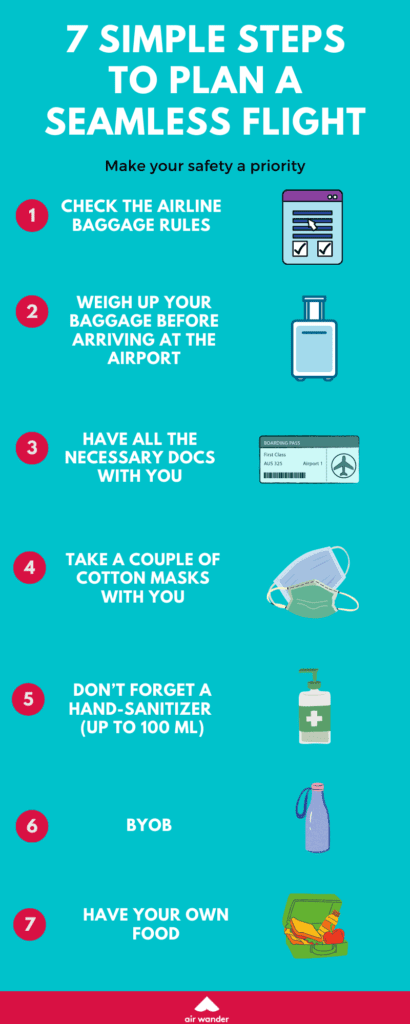
Remember to...
Check the airline baggage rules. It may be the case they would like you to go for the registered baggage only, to minimize the contact and all the “touching” on board. Also, airlines have a different policy in terms of the allowed size of the cabin bags, so make sure your cabin bag is just the right size or smaller - they may ask you to squeeze it into the sizer at the gate, especially for the low-cost flights.
Weigh up your baggage before arriving at the airport. There may be limits on both cabin and checked baggage, and you don’t want to be getting rid of your favorite items right before the start of your dream journey. If you're still figuring out, what to take or not to take, check out our article about 11 Travel Must-Haves that need to be found on your next trip checklist.
Have all the necessary docs with you (and check if you have to print them out). Some airlines allow you to show an e-boarding pass on your phone. Still, others require to have it printed out. For post-pandemic air travel, some extra documentation may be required to be able to enter the country, so make sure you and the welcoming country customs are on the same page.
...but don't forget to...
Take a couple of cotton masks with you. It’s an absolute must to wear a mask all the way from entering the origin airport till leaving the airport in the destination city, so you better have a few of them. Cotton masks are easy to wash and quick to dry, and you’ll be doing a huge favor to the environment by not throwing away a mask after every single use.
Don’t forget a hand-sanitizer (up to 100 ml). Extra disinfection won’t hurt, especially if you are not planning to sit still throughout the whole flight. Some only feel safe in gloves, but they keep forgetting that the most important thing is not to touch your face. So instead of having to sweat through the flight, you can regularly clean your hands and work on your not-face-touching habit.
BYOB. Yes, it’s time to say NO to single-use plastic bottles that we keep throwing away right before the airport security. The way to go about it is to bring your own bottle, made of sugarcane, bamboo, steel, glass etc., and fill it with water right after you’ve gone through the airport security. In some countries, there’re special water points for this purpose, in others tap water is safe to drink. Do your research and choose this one bottle that’s going to be accompanying you in many trips still lying ahead. By the way, it’s a money-saver - you won’t have to pay for the plastics each time you’re thirsty, all you’ll have to do is to find a water point or a tap.
Have your own food. While you still might order some kind of packaged food onboard, the in-flight services have been limited. Keep it in mind, especially for long-haul flights.
Travel Planning: WHERE TO STAY?
Here’s my personal selection of accommodation websites (which doesn’t imply you can’t have your own favorites). Always check at least a couple of websites to make sure you’re getting the best combination of price and experience. What’s more, in times of uncertainty with the opening of the borders, it may be good to choose an offer that’s at least partially refundable unless you’re absolutely sure you’ll make it. Also, always ask your host if you could leave your baggage with them before the check-in and after the check-out, if you're arriving early and departing late - there's no reason you should exhaust yourself by carrying all this extra weight.
He [and she!] who would travel happily must travel light.
Antoine de Saint-Exupery
Airbnb
- I’m a big fan of this one since it’s kind of the golden mean between paying just for the service and relying entirely on people to be nice. You’ll be sharing an apartment with a host and can get a real insight into the local life. It’s on Airbnb that I got to hear the most amazing stories I wouldn’t have the chance to come across otherwise. Moreover, it’s sometimes way cheaper than Booking.com. Another plus is that in many cases you get a full refund if you cancel before a certain point of time. The downside is, though, that the host can also reject your visit at any time, and you’ll have to rebook. It happened to me just once, but make sure you select your hosts carefully.
Booking.com
- If you love your private space - this one is for you. You most surely will get what you pay for. There’s usually a lot of options to choose from, so you may rest assured that you’ll find your perfect apartment with no need to share it with anybody. It’s better to book in advance to get a better deal and the reviews are quite helpful. There may be an option to choose breakfast for an extra cost - see for yourself. In some countries, such as Israel, it’s a huge plus since the food there is quite expensive, but in, for example, Italy you most surely can eat out a lot at most exquisite cafés - no need to bother with a hotel breakfast. One thing to remember, though - never book a transfer from the airport with your host - you’ll be overpaying.
Hostelworld.com
- It’s similar to the previous option but is dedicated to those looking for budget options. You can, in fact, find the same accommodation on both Booking.com and Hostelworld.com, but the prices will be lower on the latter one. So one more time, check at least a few websites before you actually book.
Couchsurfing
- The experience with this one can be the trickiest but at the same time the most remarkable and indeed memorable. You ask people to host you for a couple of days in exchange for...just your amazing personality and some old good stories. You have to fill in the information to have a full profile so that people could actually trust you’re a real person, but even then, many won’t be accepting your requests for numerous reasons. It’s good for spontaneous kind of travel, but may be problematic if you love planning ahead. The trick is to send a request just before your arrival (1-2 days ahead) and mention that you have no other option where to stay - my host once admitted this was the only reason he agreed to have us :) You don’t have to become a host yourself to be able to use this platform, but you always can.
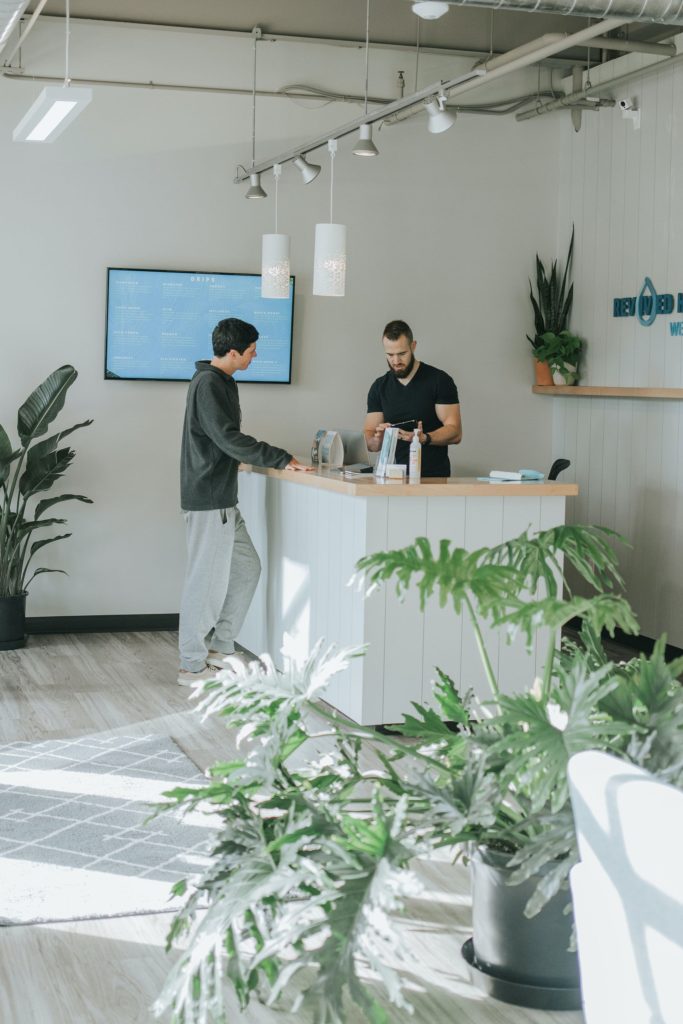
Travel Planning: WHAT'S WITH THE BUDGET?
You may have noticed flight prices skyrocketed right before the outbreak when a lot of people were trying to get home. However, the airlines have to get their carriers up and flying again, so with a good amount of patience or with Aiwander help you’ll be able to find decently priced routes. Check out the video by Brock who hacked the Airwander flight search to get the cheapest (and most convenient!) flights possible. Apart from the flight tickets, there’s a bunch of things you would want to know the price of before heading out into the unknown.
1. Do you need (to pay for) a visa?
Apply for it in advance and note down the price. If the payment is due on arrival, check out if there’s a way to get the best out it and combine visa with sightseeing. For instance, if you’re staying in Jordan (Middle East) for more than a few days and planning on visiting Petra (one of the new 7 Wonders of the World!), it’s worth buying a Jordan Pass instead of just a visa.
2. How far is the airport?
This one is tricky. I came across it a few times that the city shuttle cost more than the flight tickets, but you can sometimes save on booking your seats in advance on the Internet/as a round trip. You may also try choosing the airports nearby your planned origin/destination city to see if you could have your cake and eat it - smaller & less popular airports do have less convenient departure times but the prices can be twice as low. Always look for the discounts, even if they won’t always be looking for you.
3. What are your hotel expectations?
Accommodation can be one of the major expenses, or it can be non at all. They say sharing is caring, and it’s also true about your budget. A private hotel suite may be expensive, but if you’re willing to share a room or a bathroom with fellow travelers, you could stay for longer for the same amount of money. It’s worth spending time to find the best offer, which may come with unexpected benefits - let’s say an outdoor hot jacuzzi in Iceland or a rooftop veranda in Israel. And that’s just my own experience :)
4. Keep up with the pace: Renting a car, taking a taxi, using public transport, hitchhiking or walking tours?
The thing about sharing is true about transportation as well. Think of how much you’d like to see during your vacation and if there’s a chance you’ll be coming back to the country see the rest. For example, renting a car means high flexibility and maximum personalization of your experience, but is also probably the most expensive way of getting around. However, in Iceland, it’s cheaper to rent a car for a few days than take an airport shuttle round-trip and at least one bus tour.
Uber or taxi may cost a lot if you’re planning to visit some remote locations. However, public transport may be of use, especially in European cities where everything is quite close to each other and the infrastructure is amazing. You can buy a day, a weekend, a week or a family ticket and save a fortune, and there are often discounts for students, so keep your ISIC card close.
If you’re more of a spontaneous adventurer, hitchhiking is definitely a way to go, and you probably know about it a great deal more than I do :) Just keep in mind that depending on the local culture it may be less popular or even forbidden on certain types of roads, so do your research before heading out into the middle of nowhere.
The last but not least, free walking tours are an incredible way to actually see and hear the city through the eyes of the locals. You can always leave if you have your own plans, and you decide for yourself how much you should pay. Just make sure you reserve your place in advance because some tours are astonishingly popular.
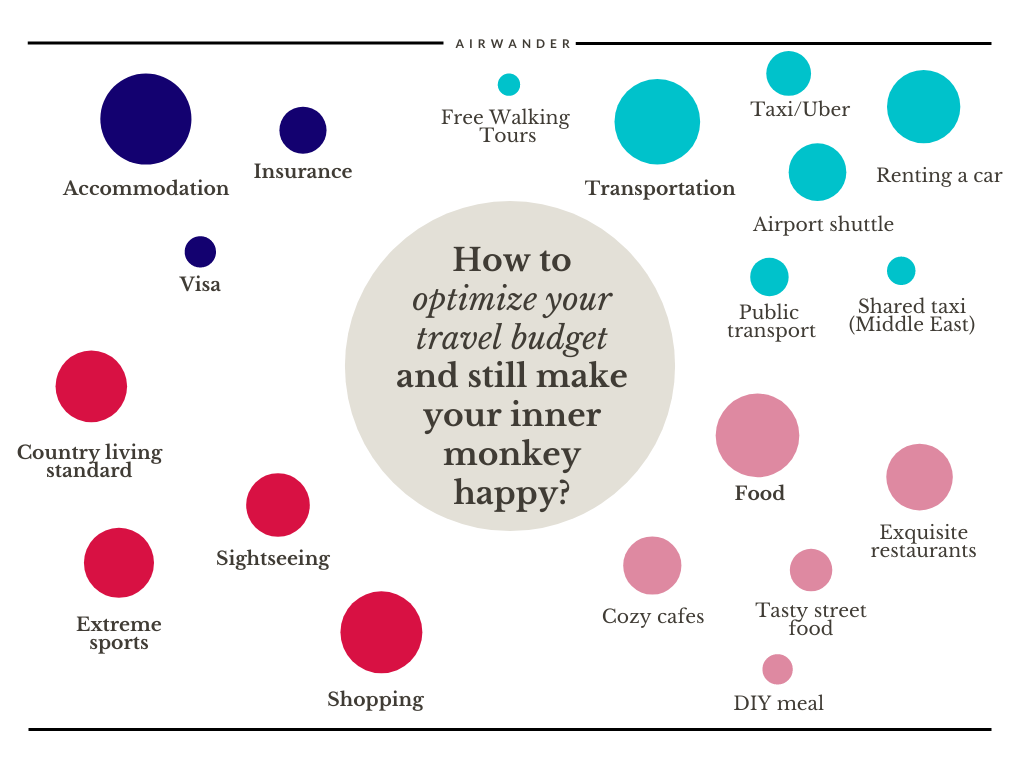
5. What kind of insurance do you need?
With uncertainty about everything, travel insurance is now more important than ever. First and foremost it’s your health that matters, but when buying travel insurance, look for the one that also includes a refund for flight cancellation and accommodation reservation. For example, Croatia’s new rules for non-EU nationals came into effect in just 24h. Also, some countries may have strange insurance requirements - Ukraine is open to citizens of any country, and those on the green list don’t have to self-isolate. Nonetheless, on arrival, you have to present insurance with the term “COVID-19” explicitly written down, or you won’t be able to enter. So make sure you know what you’re up to, and don’t let those cheap tickets cloud your judgement.
6. Sights to see & things to do: Choose your exploring mode!
You shouldn’t have every single minute planned, this wouldn’t probably differ much from your busy schedule at home. But have a look of what the city and the country have to offer to know if there’re any major expenses you should take into account while planning your budget. We’re talking here about volcano climbing (Etna on Sicily, Italy or Icelandic volcanos in general), parachute jumping, diving, rafting trips, visiting national parks and world-famous museums, and much more...
7. What kind of food makes your inner monkey happy?
Exquisite restaurants, cozy cafés, tasty street food or DIY meal - it’s not only the price that decides but the unforgettable memories you get from trying out something previously unknown. Even if you do your research beforehand, you probably still won’t know better than the locals, so ask them! On Free Tours, they often give out leaflets with places to find unique and affordable local cuisine or let you scan the QR code with points indicated on a map, or send you the email with a lot of useful info, or just give you honest piece of advice. In some countries like Georgia, you can ask practically anyone on the street and receive an overwhelming wave of hospitality along with all the info you need, no matter if they speak English or not really.
8. Country specialty: Have you checked out the living standard?
Here’s a link to one of many websites where you can see how the prices for essential products & services differ from your home country. It’s quite insightful for preparing the right amount of money. Also, find out if it’s ok to pay with a card or if it’s only cash that’s accepted. If it’s cash, note down the exchange rates and then compare them to what you see in exchange points not be fooled. As a rule, the rates on Google are better than what you get in exchange points, but there’re some exceptions: in countries like Lebanon or Argentina, the official rate is much less appealing than the actual one you’ll find on the streets.
9. Splitting the bill?
If you’re traveling with a company, you probably have to adjust to some other people’s wishes, but the memories you’ll share will outweigh all the possible negative aspects. And it’s cheaper, too - renting a car or a whole apartment will no longer be a burden. So, when it comes to a financial factor, here’s a way to go about it - download an app for keeping track of your shared expenses and you’ll have no worries over lost receipts and fleeting memory - you’ll know exactly who paid for what.
Related articles
[/vc_column_text][/vc_column][/vc_row]
5 Ways Kids Make Travel Better
By Jenny Mitchel
There are a lot of people out there that think that once they have children, their traveling days are over. This pains me every time I hear it, read it, or see it. Don’t sell yourselves short! There is absolutely no reason that you cannot travel after your family begins to grow. In fact, there are many reasons that I think it is even better traveling after you have kids! Here are my top 5 ways that kids make travel better.

1. Everything is Fascinating
There is an old saying about seeing things with the eyes of a child. Or something along those lines. I am not that great with sayings, but I digress.
There is something about seeing the fascination and wonder in your child’s eyes when they see something they haven’t seen before (or have seen a million times, sometimes it doesn’t seem to matter to them). It creates that same fascination and wonders in you. A dandelion growing in the crack of a sidewalk can be the most amazing thing you have ever seen. The Parthenon becomes more alive as you answer the questions asked in tiny little voices. I could go on and on, but I will keep this succinct just by saying that I have never been more observant or enthralled with my surroundings, as I have by showing my daughter the world while we have traveled.
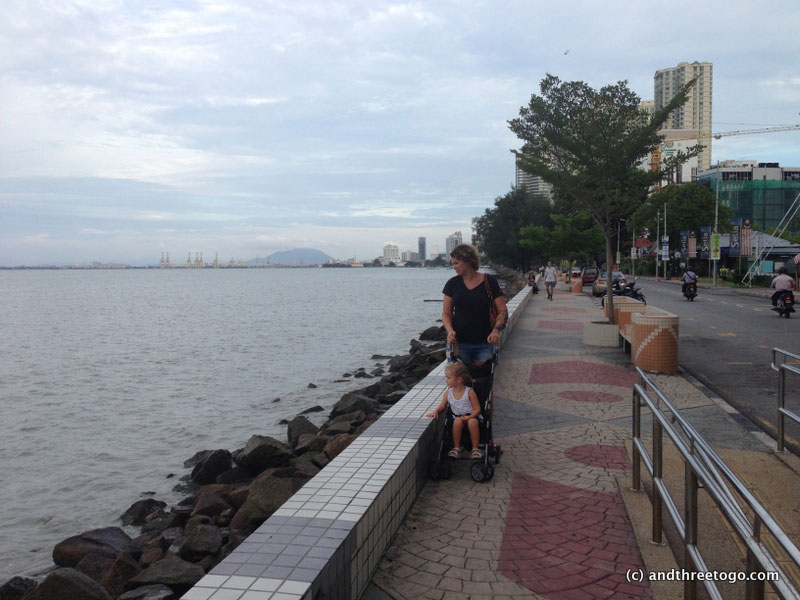
2. You Have Want to Slow Down
Kids (well, most of them anyway) have shorter legs than us. This means that I have been unable to walk at “break-neck” speed during our travels. I have had to slow down and this makes me glad! It has caused me to appreciate everywhere we have been all the more. I feel that I now take the time to really let the places we travel seep into me. I take in not only the sights, but the smells, sounds, and feeling of a place so much more than I used to. It is more about the journey now and less about the destination.
3. You Get Up and GO
This may seem like a complete contradiction to my last point, but I am not talking about how fast a child can move. I am talking about the fact that they wake up at the crack of dawn. Okay, maybe there are some children that sleep in (if you have that kind of child, I am so jealous of you), but our bundle of joy likes to literally wake me up as the first rays of light pierce the dark sky. I have been tempted to carry black-out curtains everywhere with me on this trip, but besides the fact that would probably be incredibly heavy, I can say that I have grown to love my early mornings.
When I traveled pre-kid, I don’t think I was ever up before noon, unless I had a flight or some other equally pressing matter. There are places that I visited where I missed so much because I was sleeping in, or places where I only saw the night life because I never left my room until it was dark.
Traveling with a human alarm clock that is set at 6 a.m. has shown me a whole new side of the places we have visited. I love mornings now (with the help of some strong black tea) and enjoy our travels even more!
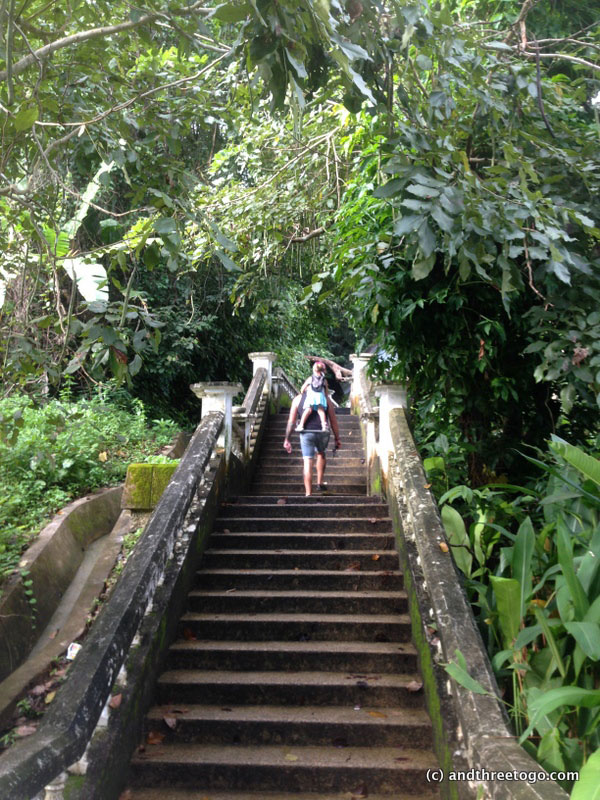
4. Strength of Ten Men
I used to think that carrying my back pack while traveling was a work out. Then I had a kid. I am still amazed that such a small little being can feel so heavy. One would think I would have arms like Demi Moores in GI Jane now that Z is three years old. But alas, I just have massivestrength with normal looking arms. The strength of ten men! Alright, that’s a slight exaggeration, but that is besides the point. I know that my endurance, my strength, and my desire to move has increased exponentially since having Z. Even on my worst days, where I feel exhausted, I still have more strength and energy than I used to.
5. Differences? What Differences?
So far, Z has been blind to cultural and racial differences between us and the locals in the places we have visited. Everyone is a possible new friend, someone to play in the sand with, or run around a restaurant with. She doesn’t care if someone is Muslim, Christian, Hindu, or whatever else. She LOVES everyone. We love this aspect of traveling with Z because we want her to always think and act this way. Heck, I want to think and act this way!
Z has reminded us through her actions that we all are human beings and there is no reason to fear or hate that which is different from us. We are reminded to love and show kindness to those around us no matter where we are. This has opened up the world to us. Her infectious smile and excitement to meet everyone causes people to be more kind and helpful in return. We have had many more opportunities to see and do what the locals do in every place we have visited because of her. She is our goodwill ambassador.
These are just five of the ways that I think having a kid makes travel better. What are your thoughts, do you have any more points to add? Are you a crazy morning person too? Leave a comment and join in the fun!
Feel like you would like to see and hear more about what we are doing every day? Follow http://www.andthreetogo.com/on Facebook, Instagram, Twitter, and Pinterest! We love to connect on social media and will follow you back!
Discover + Experience + Adapt + Survive = Backpacking Trip
By Ela Bader
Time in your life comes when you feel that you need to travel, pack your bag and get going. Leave everything behind. The idea of stabilizing and spending the rest of your life in one place just seems unacceptable as a scenario for now. So you decide to make your greatest dream come true and go on big trip! Awesome, you will DISCOVER the world, visit those paradise places you've heard of, learn so much about the world that you would never learn in any other way.
The best and cheapest option for couple of months of world discovery is backpacking. That means organizing the whole trip on your own, hunting the flight deal to your destination, moving from place to place using hitchhiking or cheap local transport and camping or staying with local people or economic hostels as the accommodation. This type of traveling is brilliant because it gives you freedom of your own decisions and schedule. You get first hand EXPERIENCE of a local culture and lifestyle, meet many new friends and have as many adventures in a month that you never had in your whole life! You may also learn a new language and develop cool new habits which will replace the old ones. You will never be the same person again. Sure you will have an adventure of a lifetime and unforgettable experience! And yes it is addicting, try it once and you'll never stop. Your appetite for discovering the unknown will never be satisfied and your wandering soul will always be hungry for more.
Traveling the backpacker's style is not a piece of cake though. Everyday you have to find a place to sleep, something to eat and you do it in a new and unknown location almost everyday! Then comes the exhaust after many hours spend in transportation and walking long distances while burned by sun or chilled by cold winds. One quickly learns that most important is to ADAPT. To the new conditions, climate, customs, mentality. You have to leave a lot of things and habits back home. Your luggage is limited to the necessary minimum that you will carry everyday. Backpackers are like a turtles - carry their homes on their back. Also do not get attached to whatever you brought with you. Accept loosing or leaving things along the way. The situations you will find yourself in are often tough. For sure you'll learn to SURVIVE in various conditions, you will be more self reliant and those skills will be useful for a lifetime. After couple of nomadic trips I know it’s worth it and I want more!
What is backpacking for you? Feel free to leave a comment :)
